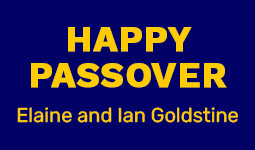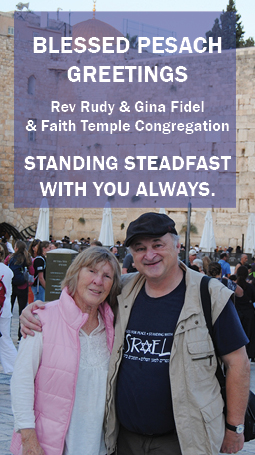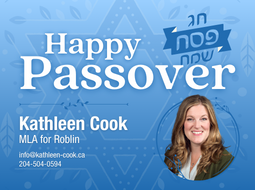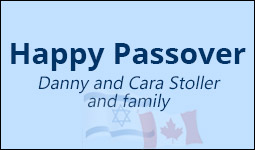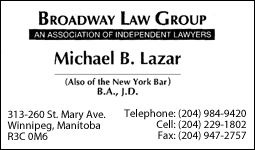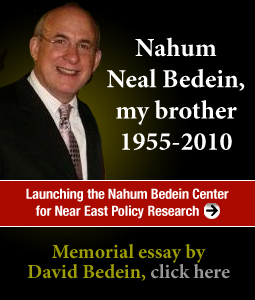I read with interest the article in the Manitoban, “Feminism and genocide: a reflection on ‘Hear our Voices’” by Dana Medoro and Serenity Joo. Written in collaboration with the Manitoba chapter of Faculty for Palestine it responds to the presentation, “Hear Our Voices: Shedding Light on Sexual and Gender-Based Violence in the October 7 Hamas Terror Attacks,” given by the former Director of Israel’s Authority on the Advancement and Status of Women, Ayelet Razin Bet Or.
As a human being, a woman, a feminist, a Canadian and a Jew, I underlined the importance of two of their observations: “truth is one of the first causalities of war,” and “misinformation campaigns […] comprise a particularly horrendous, one-sided siege.” It would follow that the “truths” given on both sides might be equally subject to scrutiny.
However, one-sidedness prevails. Israel is repeatedly characterized as a nation guilty of an “imperial project” a “global propaganda machine” spreading “misinformation,” responsible for “the frightening Zionist suppression of dissent across university campuses,” a “genocidal government” that is “appropriating […] activist rhetoric,” and “exploiting women” to “demonize and justify annihilating Palestinians.”
If truth is a casualty of war, what does this characterization of Israel represent? If, as the authors claim the “Israeli government’s lies about the occupation of Palestine” provide “a record of disinformation and violence” that is “clearly demonstrated and factchecked,” how can that claim stand if “misinformation” in war is a “campaign” initiated by both sides? How can “truth” and “fact,” crafted to denounce but one side have merit?
I wondered further: why in this article is Hamas named a “militia” that “attacks” rather than, let’s say, a terrorist organization whose genocidal policy requires the annihilation of the state of Israel and inspires the massacre of around 1,200 people, the sexual torture, mutilation and rape of women and girls, and the hostage-taking of over 240 people?
If, as the authors claim, a “truly feminist philosophy would not divide ‘us’ from ‘them,’” how can their argument do anything but divide — obliterate the possibility for the actual investigation of both sides, of the variety of truths, facts, representations, actions, histories and narratives that strive to comprehend the complexity of the Middle East?
If the “us” and “them” arguments the authors construct breed sidedness of the most reductive kind, what kind of feminism are the authors manifesting? They claim that gender-based violence against Israeli women “not being heard” has nothing to do with antisemitism or silencing because these “voices are being ventriloquized to shore up support for a genocidal government.”
Further, they note that as the story of beheaded babies has not been proven (though the burnt, bullet-riddled infant and child bodies, the mutilated and beheaded adult bodies cannot be disputed given the existing recordings of the massacre and the forensic evidence), Israeli women’s accounts, their “very real testimonies” are “overshadowed” by Israeli propaganda, “compromised” by “evidence” that is not “sound.” The “accounts of mass rape” don’t “platform.”
While authors state they “do not disregard Israeli women’s testimonies,” would claiming that the “silence” can be justified by using accusation (“genocidal government”), rationalization (“compromised,” “ventriloquized”), and ranking (“overshadow”) not suggest profound disregard? Who determines what evidence is “sound?” If the testimonies are “very real,” what further justification of their legitimacy is required? Why would they not be heard? Why would they not “stand on their own?”
While feminism, according to the authors, is unhindered by loyalty to nation, “feminists do not base their politics in nationalism” nor “exclude the voices of other women,” I wonder: is it possible to erase nation as a key component of the crisis in the region?
Is the feminist cause the article embraces on behalf of Palestinian suffering not deeply embroiled in issues of nation in a war dependent on the premise that Israel has no right to exist and Palestine does? To what extent is the demonization of “them” by claiming “Israel is exploiting women and appropriating Black feminist and activist rhetoric in order to demonize and justify annihilating Palestinians” not expressive of exclusionism?
For the authors, Razin Bet Or has no right to claim solidarity with the vision and practice of #MeToo and Black Lives Matter movements. Her feminism rests on an “unacknowledged borrowing,” an “appropriated […] rhetoric.” Can an event named “Hear Our Voices: Shedding Light on Sexual and Gender-Based Violence in the October 7 Hamas Terror Attacks” not focus on the experience of Israeli women and girls who have been raped and assaulted? As this is the focus, is Razin Bet Or’s feminism “distorted” and thus dismissible?
In the midst of the evolving tragedy within Israel and Palestine, I consider to what extent are we all obliged to engage in civil, tempered, careful, and as much as we are able, informed discourse? How do we become informed? Who are those who have devoted themselves to the study of the many sides, to the wide-ranging “facts” and “truths” lived within this region? How do they talk to one another? Should we educate ourselves so that we might listen to what they have to say, how they say it, and how they talk civilly with one another?
Finally, what kind of literacy is brought when we rely on dividing realities into “us” and “them,” though, as the authors themselves note a “feminist philosophy” involves itself in a “common allegiance rooted in abolishing patriarchy, demanding the end of violence and oppression,” “and “especially the “dismantling of the military industrial complex.”
I am indebted to my wondering, thinking, and feeling self. I refuse the name-calling that so debases, so bludgeons the “them” the “us” is in danger of being unheard, that so insists on the divide between “us” and “them” that a “common allegiance” to common bonds — which must include the survival of both Israelis and Palestinians — remains forfeit.
Deborah Schnitzer,
National 3M Teaching Fellow,
Professor Emerita, Department of English
University of Winnipeg















































































